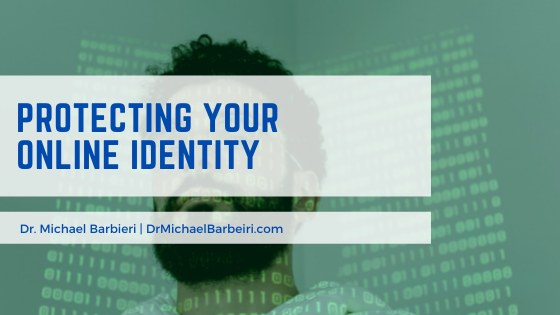Every day, there is a news story about someone’s online identity being stolen. It has become so common that many people have started to shrug it off as simply another risk of doing business online. However, this is not something that should be taken lightly. Your online identity is important, and you need to take steps to protect it from cybercriminals.
Proton VPN
Proton VPN is a secure VPN service that helps protect your online identity. VPNs encrypt your browsing and hide your IP address, making it difficult for hackers to steal your information. It offers a variety of features, including a strict no-logs policy, that help keep your data safe and secure. Free trials are available. However, they have limited usage. Adequate online data protection requires a powerful Proton VPN.
Use a Strong Password
Ideally, your passwords should be long and complex. Do not use the same password for multiple accounts. Whenever using a shared computer or public Wi-Fi, enable two-factor authentication on all of your accounts. The authentication process requires additional verification, such as a security code. The security code is sent to your phone to enable you to log in. Also, use a password manager to create and manage strong passwords. The password manager program stores all passwords in one place, making it easy to access them when you need them.
Be Careful What You Post Online
Be careful about what you post online. Never share personal information such as your address, phone number, or social security number. Do not post pictures of yourself or your family. Also, be careful about your information in public chat rooms and forums. Cybercriminals can use this information to steal your identity.
Use Antivirus Software
Make sure you have up-to-date antivirus software installed on your computer. The software protects your computer from malware and other infections that can steal your information. The software should be updated frequently to ensure that files are safe from the latest threats.
Be Vigilant
Be vigilant about the emails (and potential spam) you open and the websites you visit. Do not click on links or download attachments from unfamiliar email addresses. Check the website address before entering any personal information. Many fake websites look very similar to the real thing. Take a close look at the web address before typing in any information.
